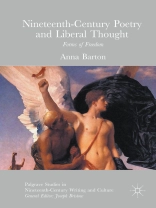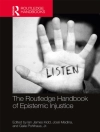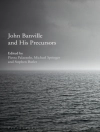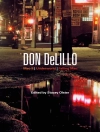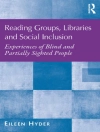This book explores the relationship between nineteenth-century poetry and liberal philosophy. It carries out a reassessment of the aesthetic possibilities of liberalism and it considers the variety of ways that poetry by William Wordsworth, Elizabeth Barrett Browning, Arthur Hugh Clough, George Meredith, Robert Browning, Matthew Arnold and Algernon Charles Swinburne responds to and participates in urgent philosophical, social and political debates about liberty and the rule of law. It provides an account of poetry’s intervention into four different sites where liberalism has a stake: the self, the university, married life and the nation state and it seeks to assert the peculiar capacity of poetry to articulate liberal concerns, proposing poetic language as a means of liberal enquiry.
Inhoudsopgave
1. Locke in Pentameters.- 2. The Liberal Self: Wordsworth and Barrett Browning.- 3. Liberal Education: Wordsworth, Clough, Tennyson and Arnold.- 4. Liberalism in Love: Barrett Browning, Browning and Meredith.- 5. Liberal Republicanism: Clough, Barrett Browning and Swinburne.- 6. Conclusion.
Over de auteur
Anna Barton is Senior Lecturer in Nineteenth-Century Literature at the University of Sheffield, UK.
